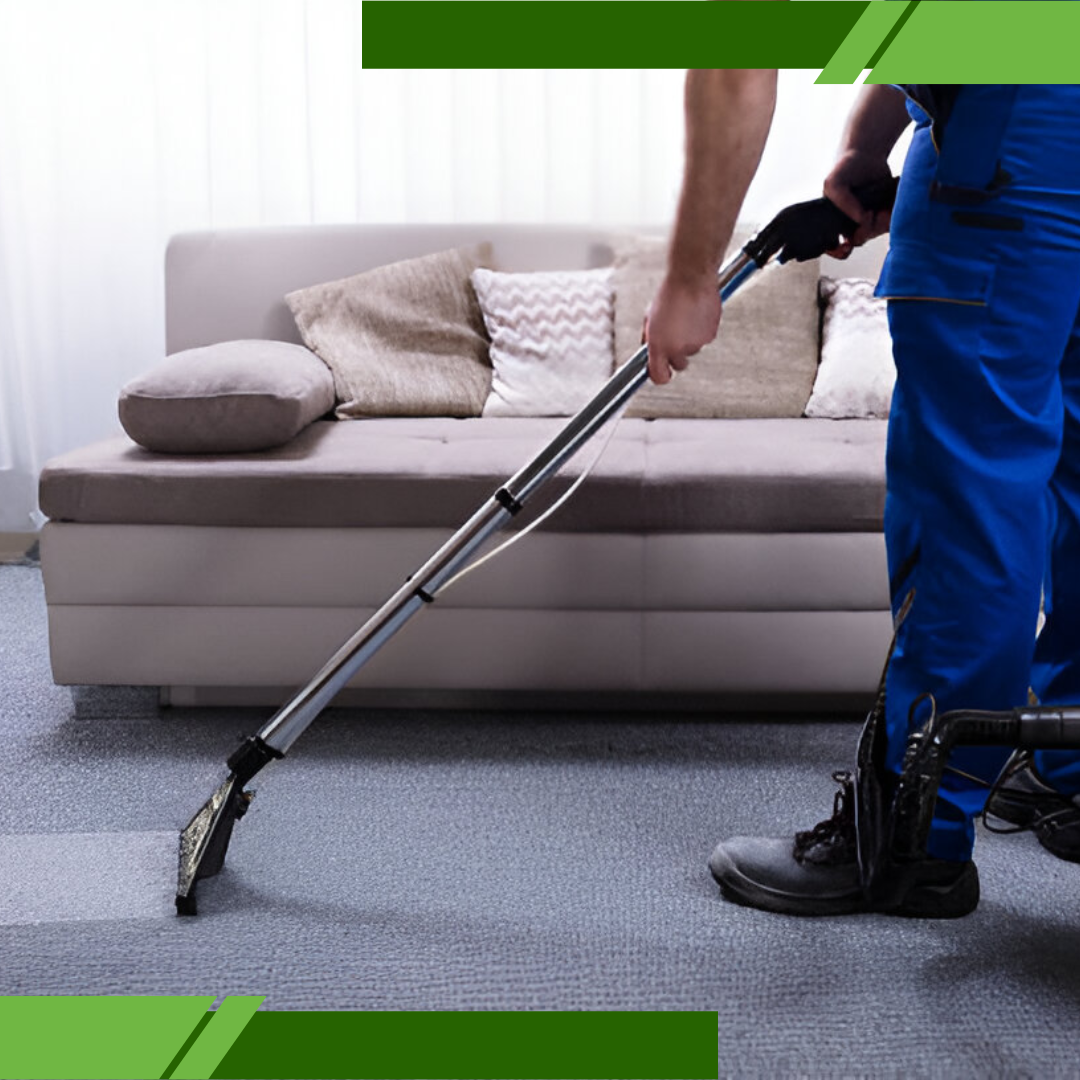Get in touch
Fill this up to proceed

We are committed to providing a world-class carpet, rug, upholstery, drapery or mattress cleaning services that will open your door to a happier and healthier green indoor environment.
There’s nothing more frustrating than crawling into bed, desperate for rest, only to toss and turn all night. For many people, the cause of that restless sleep isn’t stress or too much screen time—it’s allergens affecting sleep quietly wreaking havoc in the background. If you often wake up with a stuffy nose, dry throat, or itchy eyes, you might be dealing with allergens affecting sleep. These microscopic invaders sneak into our bedrooms, cling to our sheets, and drift through the air, making it harder for us to breathe and rest.
Let’s walk through the seven most common allergens affecting sleep and talk about simple ways to banish them from your bedroom. By the end of this article, you’ll have practical steps to take tonight to finally sleep better—starting with understanding what you’re up against. For deep cleaning services that reach where DIY methods can’t, consider visiting this trusted carpet cleaning provider. They specialize in reducing household allergens affecting sleep through careful, non-toxic treatments.
Dust mites are tiny creatures you can’t see, but they live in mattresses, pillows, carpets, and even curtains. They thrive in warm, humid environments and feed off dead skin cells. Sounds gross? It gets worse—they’re a major cause of allergens affecting sleep that can make resting a nightmare. When it comes to allergens affecting sleep, dust mites are the number one culprits. They trigger sneezing, runny noses, and even asthma flare-ups.
You might notice you’re fine during the day but start getting congested as soon as you lie down. That’s a big clue dust mites are the problem. Washing sheets, pillowcases, and blankets weekly in hot water, using dust mite-proof covers on pillows and mattresses, vacuuming with a HEPA filter vacuum cleaner, and reducing clutter in the bedroom are some of the most effective ways to reduce them.

We love our pets, but unfortunately, they can be sources of allergens affecting sleep too. Pet dander is made up of tiny skin flakes from cats, dogs, and other furry animals. These particles float in the air, stick to bedding and furniture, and can cause coughing, itching, or shortness of breath at night. Even if your pet sleeps in another room, dander can still settle in your space. And if your furry friend shares your bed?
That’s a whole new level of exposure. The best approach is to keep pets out of the bedroom entirely, bathe and groom them regularly, wash your hands and change clothes after pet interaction, and use an air purifier with a HEPA filter to clean the air.
Pollen might sound like a seasonal issue, but it’s one of those allergens affecting sleep that sneaks in through windows, doors, and even on your clothing. During high pollen seasons like spring and fall, your bedroom can become a hotspot for sneezing fits and restless nights. Even if you don’t spend much time outdoors, pollen can still tag along on your shoes, hair, and clothing, and once it’s in your bed or carpet, it lingers. To limit pollen indoors, keep windows closed during peak pollen hours, shower and change clothes before bed, wipe down pets who have been outside, and choose blackout or allergy-reducing curtains that trap airborne particles.
Mold thrives in moist environments, and your bedroom might have more humidity than you think—especially if you use a humidifier or live in a damp area. Mold spores are invisible but powerful allergens affecting sleep, floating in the air and irritating your nose, throat, and lungs. If you notice a musty smell or see dark spots on your walls, ceilings, or windows, mold might be quietly growing and interfering with your sleep. Fixing water leaks quickly, using a dehumidifier to keep humidity below 50%, cleaning walls and windows with vinegar or mold-specific sprays, and improving airflow can help prevent mold growth.

As unpleasant as it is to think about, cockroach droppings are another source of allergens affecting sleep. These allergens are found in their saliva, waste, and shedding body parts, which once dried, become airborne and settle into bedding, carpets, and clothing. Cockroach allergens are known to trigger asthma attacks and breathing problems, especially in children. Preventing them means keeping food sealed and out of the bedroom, taking out trash regularly, sealing cracks or holes around doors and windows, and using traps or professional pest control when needed.
Sometimes, the products we use to clean our bedrooms are themselves sources of allergens affecting sleep. Many commercial cleaning sprays, air fresheners, and scented room sprays contain chemicals and artificial fragrances that linger in the air and on surfaces. This can lead to nightly coughing or congestion without realizing the cause. Using plant-based or fragrance-free cleaning products, avoiding spraying fabrics, ventilating when cleaning, and using natural solutions like vinegar and baking soda are better alternatives.
Latex is another hidden culprit, often found in bedding materials like pillows, mattress covers, and even bed sheets. For those with a latex allergy, even small exposures at night can cause itchiness, skin irritation, or breathing issues, making it yet another contributor to allergens affecting sleep. Avoiding latex means checking bedding labels carefully, replacing items with hypoallergenic, latex-free versions, and choosing materials like cotton, bamboo, or synthetic down.
Allergens affecting sleep don’t just cause temporary problems. When exposure continues night after night, it can lead to poor concentration, irritability, and even frequent colds. You might be dealing with sleep-interrupting allergens if you often wake up congested, coughing, or sneezing, have a sore throat in the morning, notice itchy skin after sleeping, or feel tired despite sleeping all night.
Sometimes, allergens affecting sleep linger in places normal household cleaning can’t reach—like deep in carpet fibers, beneath furniture, or inside drapery folds. When home remedies aren’t enough, it’s smart to call in professionals who specialize in deep-cleaning techniques that remove built-up allergens.
If you’re in the area and want localized help for bedroom allergen removal, this Carpet Cleaning Calabasas offers targeted solutions to improve your sleep environment. In fact, Calabasas residents often struggle with seasonal pollen, pet dander, and mold—making professional help even more valuable. That’s why many homeowners in Calabasas rely on expert cleaning to reduce allergens affecting sleep year-round.
Getting quality rest shouldn’t be a nightly battle. Allergens affecting sleep often go unnoticed, but they silently disrupt breathing, comfort, and peace. Whether it’s a hidden mold issue or your furry friend’s dander, identifying and eliminating these irritants can dramatically improve how you sleep and feel every day.
Your bedroom should be a place of calm, not congestion, and if you’re in Calabasas, combining simple home changes with professional deep cleaning can make all the difference. Starting tonight, one small step toward an allergen-free bedroom could lead to one giant leap in how refreshed you feel tomorrow morning—especially for Calabasas residents who want their homes truly free of allergens affecting sleep.
If you wake up congested, sneezing, or with itchy eyes or throat, allergens may be the cause. These symptoms often get worse at night or early in the morning when you’re most exposed.
Start by washing your bedding weekly, vacuuming regularly, and using an air purifier. Keeping pets out and closing windows during high pollen times also makes a big difference.
Yes, strong fragrances and harsh chemicals can leave behind fumes that irritate your nose and throat. Switching to fragrance-free or natural cleaners can improve air quality quickly.
Avoid latex and opt for hypoallergenic materials like cotton or bamboo. Also, use dust mite-proof covers on pillows and mattresses for extra protection.
If allergy symptoms persist despite regular cleaning, professional services can target deep-seated allergens. This includes carpet, curtain, and mattress cleaning that goes beyond surface dust.

We are committed to providing a world-class carpet, rug, upholstery, drapery or mattress cleaning services that will open your door to a happier and healthier green indoor environment.
We are committed to providing a world-class carpet, rug, upholstery, drapery or mattress cleaning services that will open your door to a happier and healthier green indoor environment.